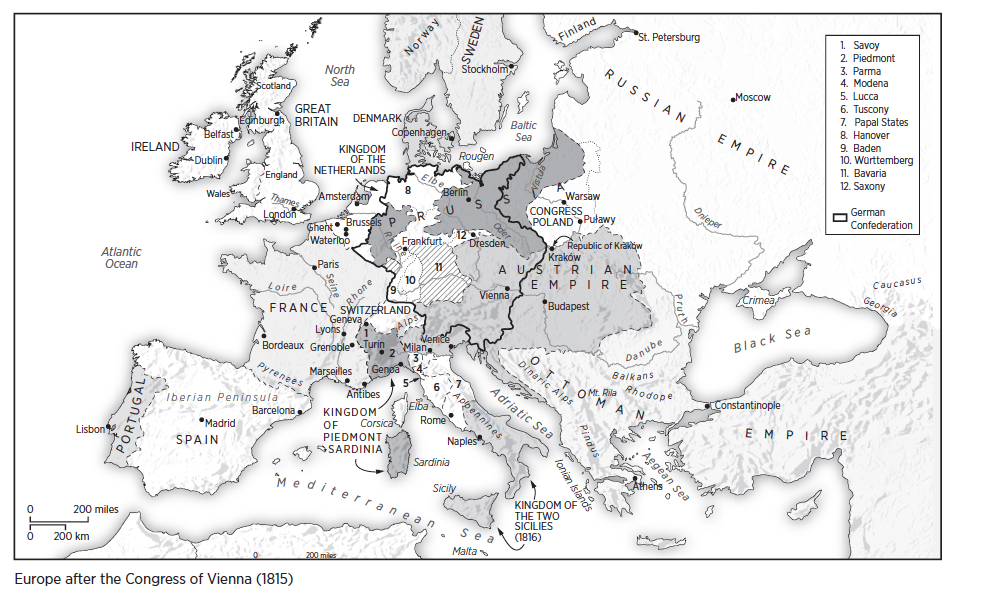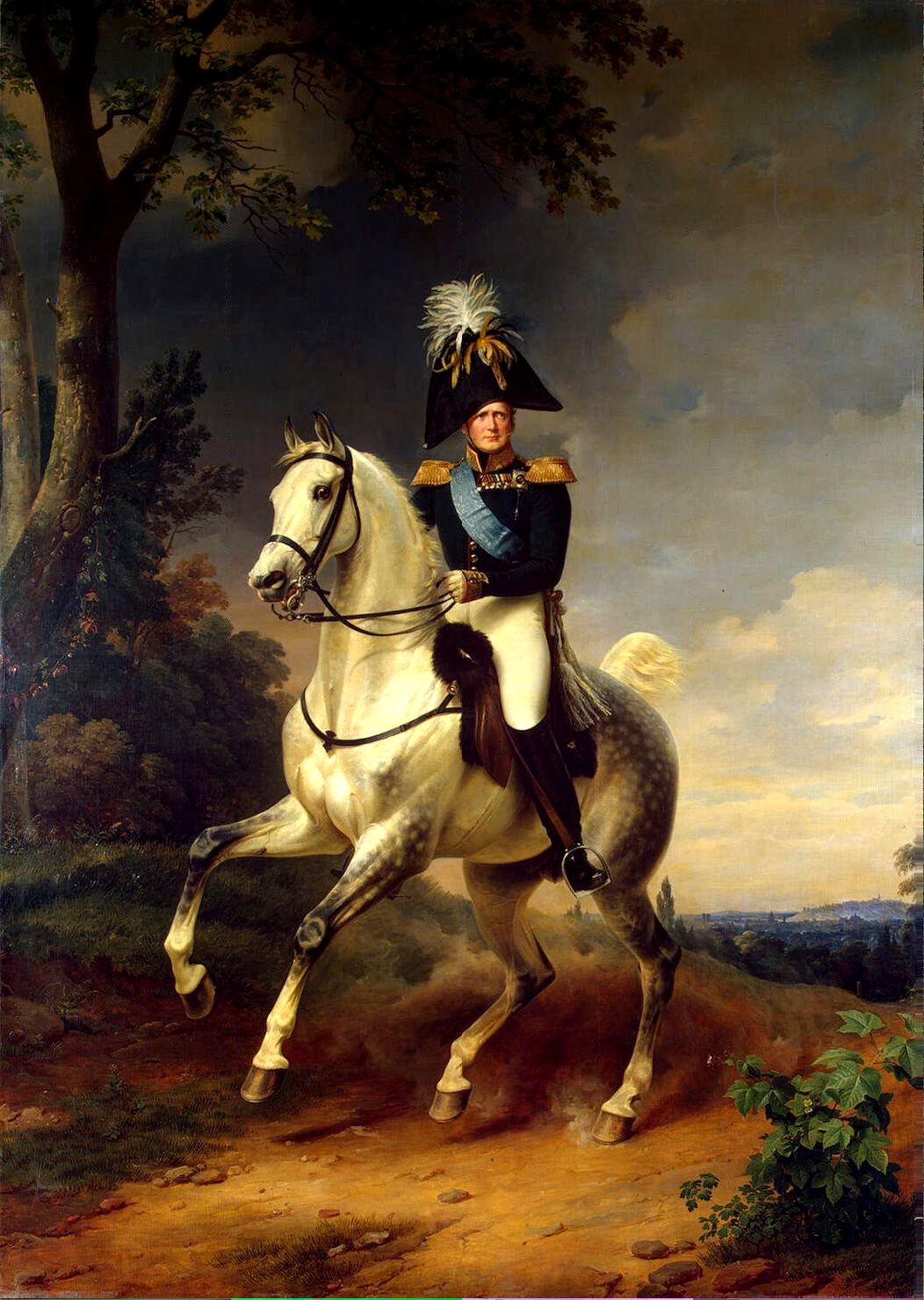
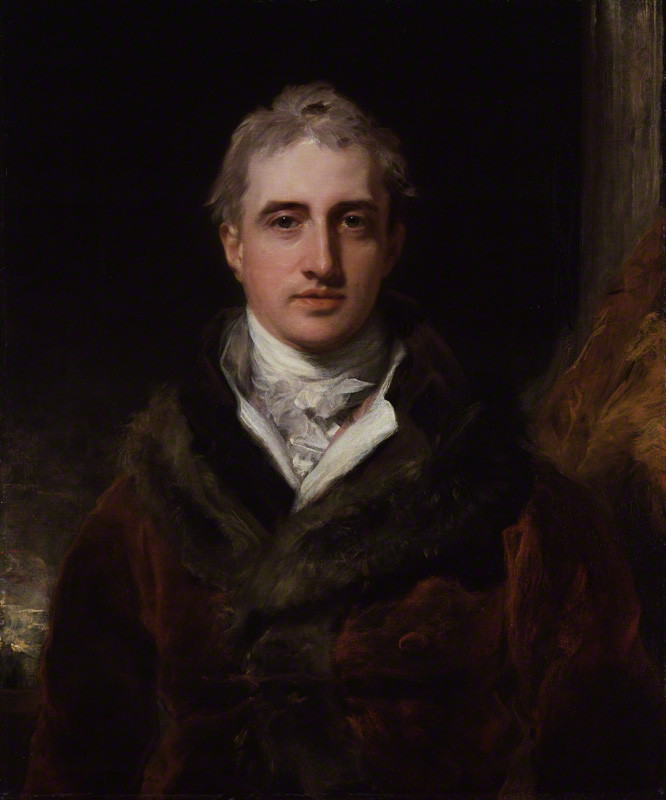
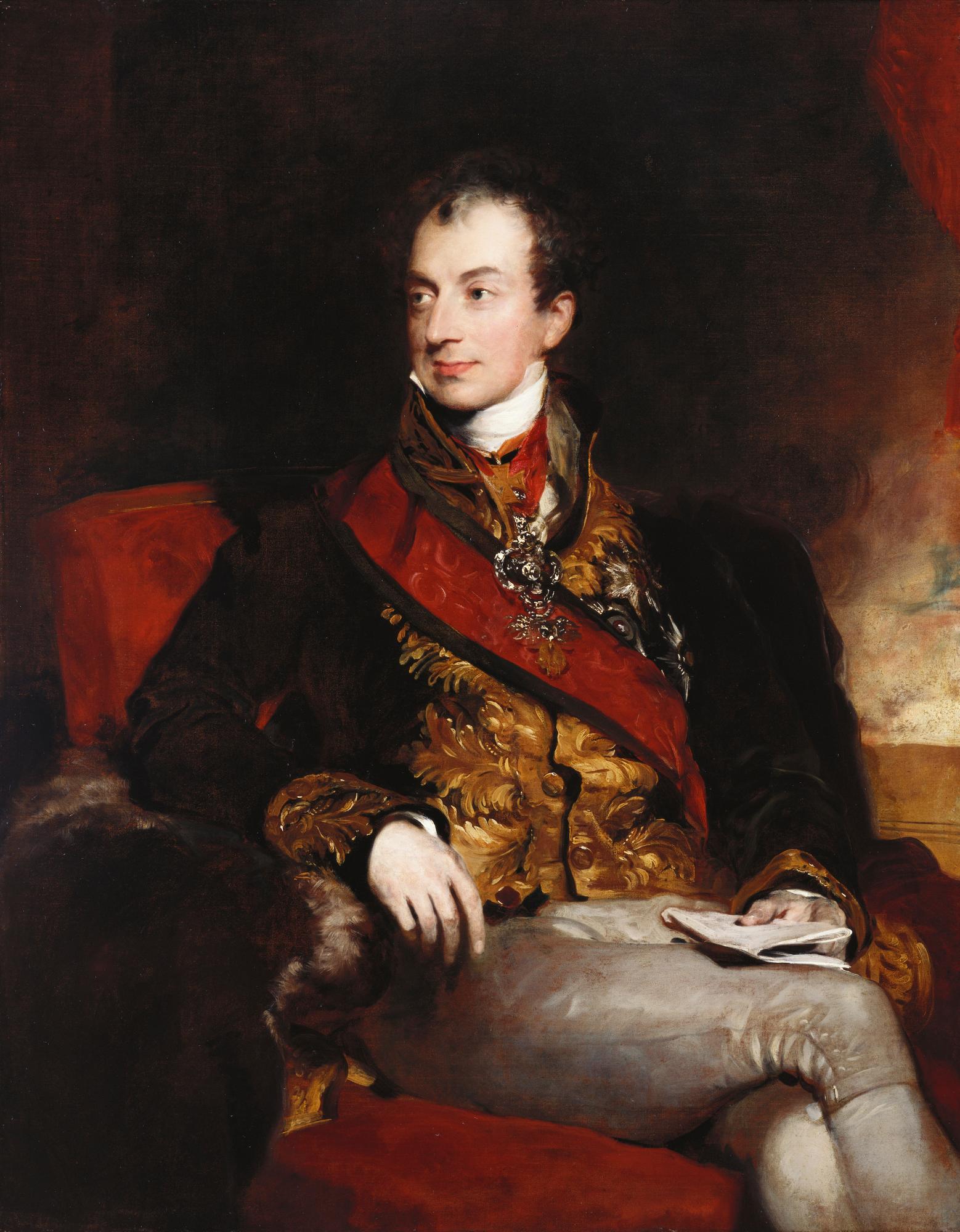
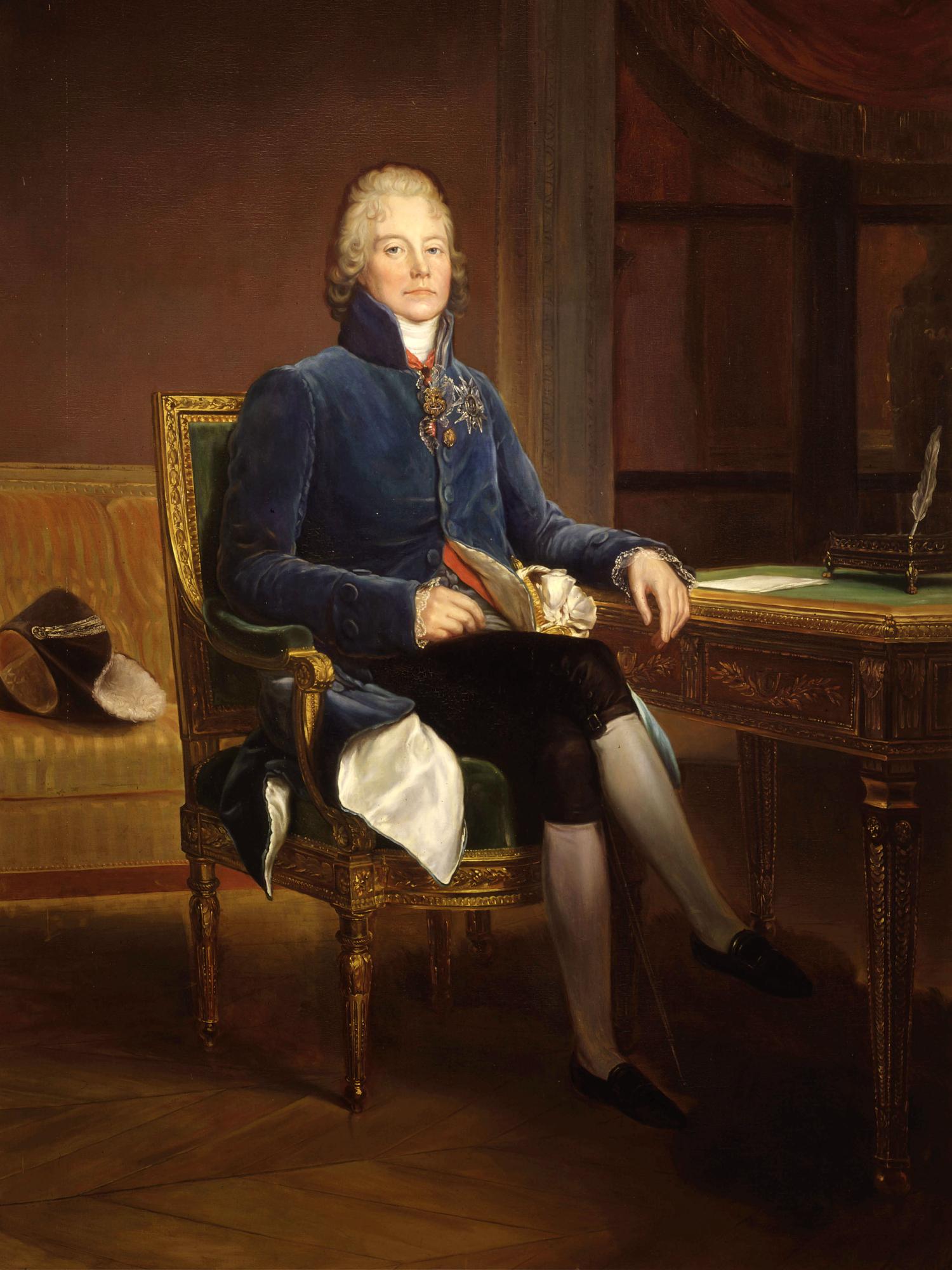
Tsar Alexander (1777-1825)
for Russia
All-powerful Emperor of Russia, who began his reign in 1801 after the murder of his father, Paul I. Tsar during Napoleon's invasion of Russia, he made the momentous decision to carry the campaign back to the west, leading to the final collapse of the Napoleonic Empire in 1814. While liberal in 1814-1815, the Tsar grew increasingly conservative and repressive after 1820.
Prince Clemens von Metternich (1773-1859)
for Austria
Wealthy Rhenish nobleman who followed his father’s footsteps in entering the service of the Habsburgs. He married the granddaughter of Prince von Kaunitz and became Austrian ambassador in Dresden, Berlin and Paris. He then served as Austrian foreign minister from 1809 until 1848, also becoming Chancellor in 1821. Metternich presided over the allied proceedings at the Congresses of Vienna, Aix-la-Chapelle, Troppau, Laibach and Verona.
Viscount Castlereagh (1769-1822)
for the United Kingdom
Politician and statesman from Ireland who became Chief Secretary of Ireland, steered the Act of Union through the Irish Parliament, became Secretary for War and Colonies, fought a duel with George Canning in 1809, and served as Foreign Secretary of Great Britain from 1812 to 1822. He went to the Continent in 1813 where he negotiated the Treaty of Chaumont, maintained allied unity in the final stages of the war with Napoleon, and represented Britain at the Congress of Vienna. Castlereagh committed suicide in 1822.
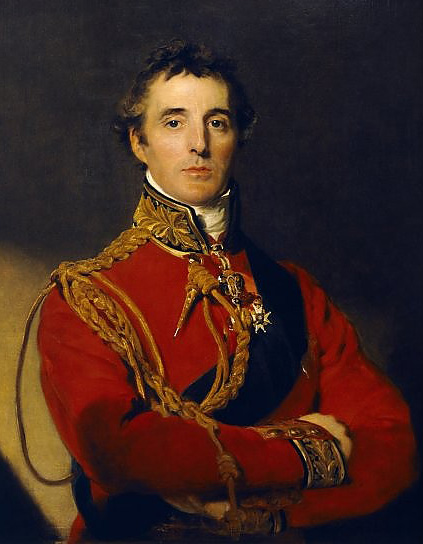
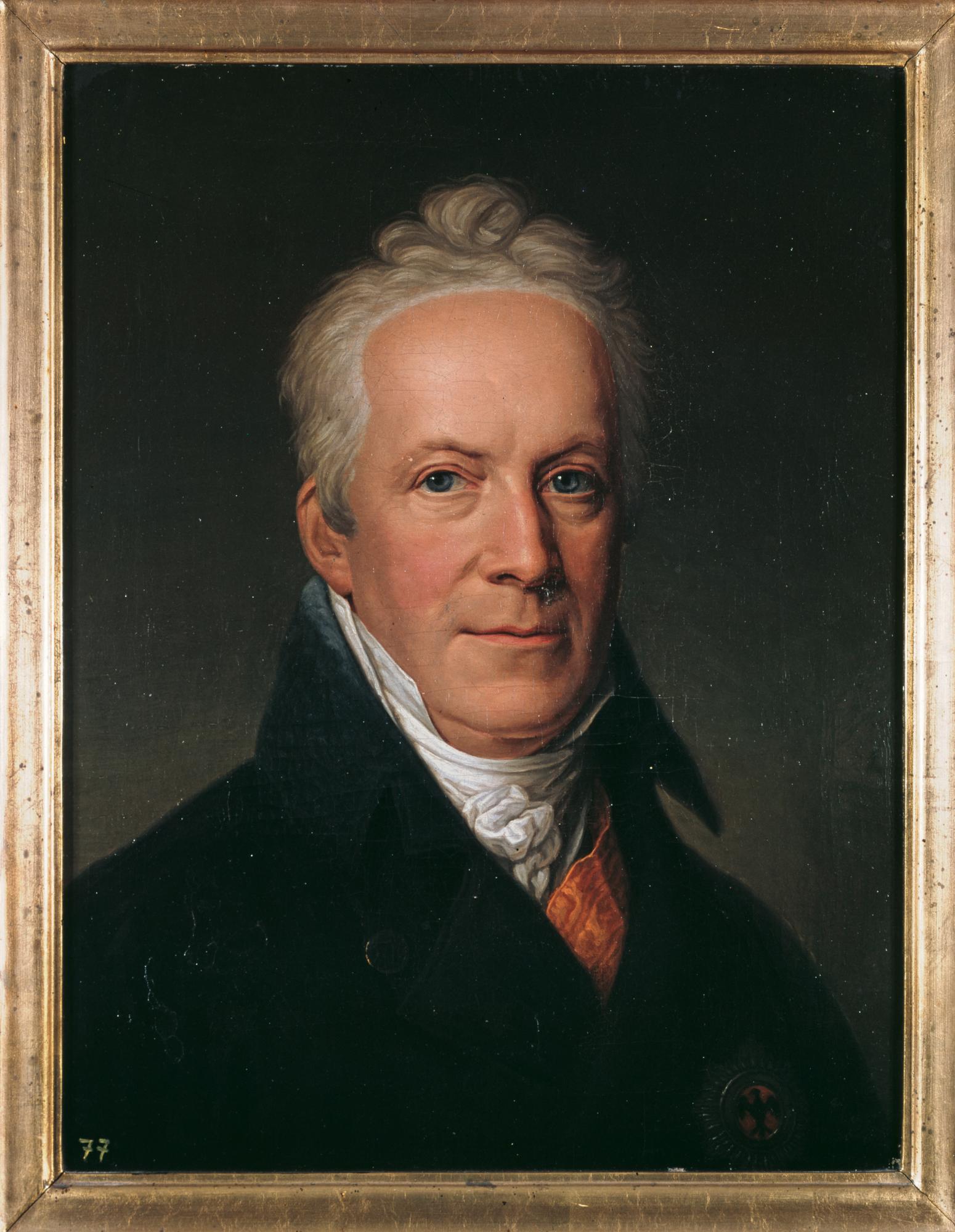
Prince Talleyrand (1754-1838)
for France
French nobleman and cleric who sided with the early French revolutionaries, fled to America during the Reign of Terror and served as foreign minister to the Directory, Napoleon and Louis XVIII. Talleyrand helped to bring Napoleon to power in 1799 and to restore the French King in 1814. He negotiated the First Peace of Paris and represented France at the Congress of Vienna, but resigned during the negotiation of the Second Peace of Paris.
Prince Karl August von Hardenberg (1750-1822) for Prussia
Hanoverian who entered Prussian service, becoming chief minister in 1810 until his death in 1822. Hardenberg was one of the leaders of the Prussian reform movement. Already hard of hearing by the time of the Congress of Vienna, he was assisted at the meetings by Wilhelm von Humboldt.
Duke of Wellington (1769-1852)
for the United Kingdom
Anglo-Irish nobleman who attended military academy in France, became a leading British general after serving in Ireland, India and the Peninsular Wars, defeated the French in Spain in 1814, defeated Napoleon at Waterloo in 1815 and was placed in charge of the occupation army in France. Wellington attended the Congresses of Vienna, Aix-la-Chapelle and Verona, and later became Prime Minister of the United Kingdom.

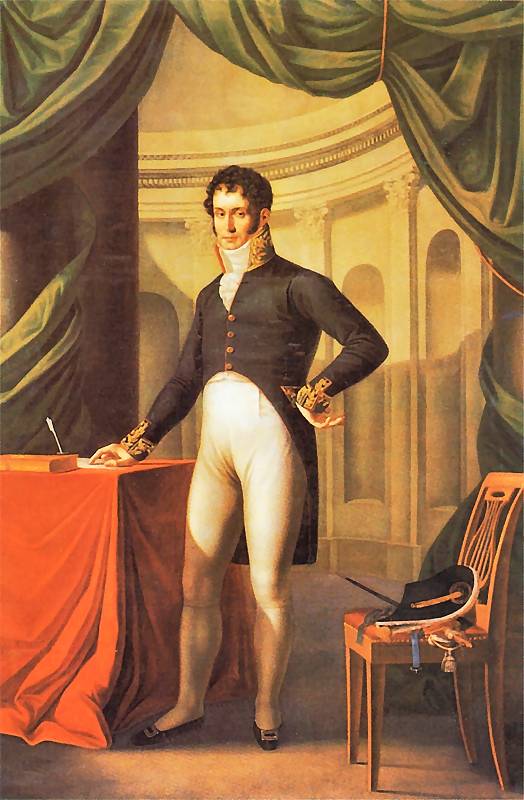
Count Ioannis Capodistrias (1776-1831)
advisor to the Tsar
A Cypriot Greek who rose in the Tsar’s service and became co-foreign minister with Nesselrode until his resignation in 1822. Later he was the first President of Greece until his untimely assassination.
Prince Adam Jerzy Czartoryski (1770-1861)
advisor to the Tsar
A prince from an aristocratic Polish family who was sent to St Petersburg as a young man, where he befriended Alexander, the future Tsar. Czartoryski served as Russian foreign minister from 1804 to 1806, advised Alexander on Polish matters at the Congress of Vienna, and helped organize the unsuccessful Polish Revolution of 1830.
Leading Personalities of the Congress
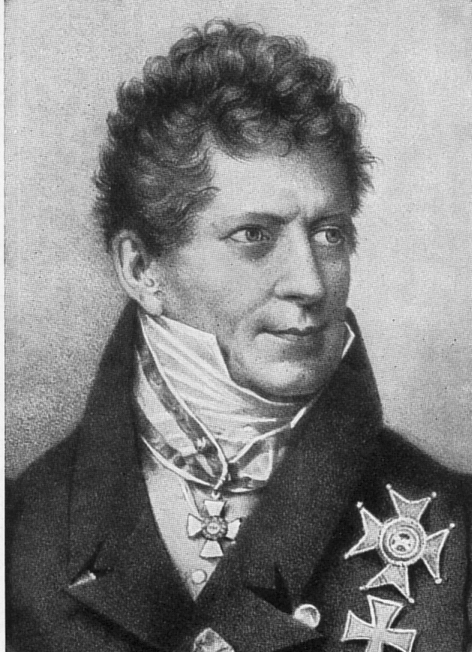
Friedrich von Gentz (1764-1832)
assistant to Metternich
A student of the philosopher Immanuel Kant, who translated Burke’s Reflections on the Revolution in France into German, entered the Prussian diplomatic service and became an important writer and publicist. Later he entered Austrian service and became the chief assistant to Metternich and ‘Secretary’ to all of the European Congresses.
